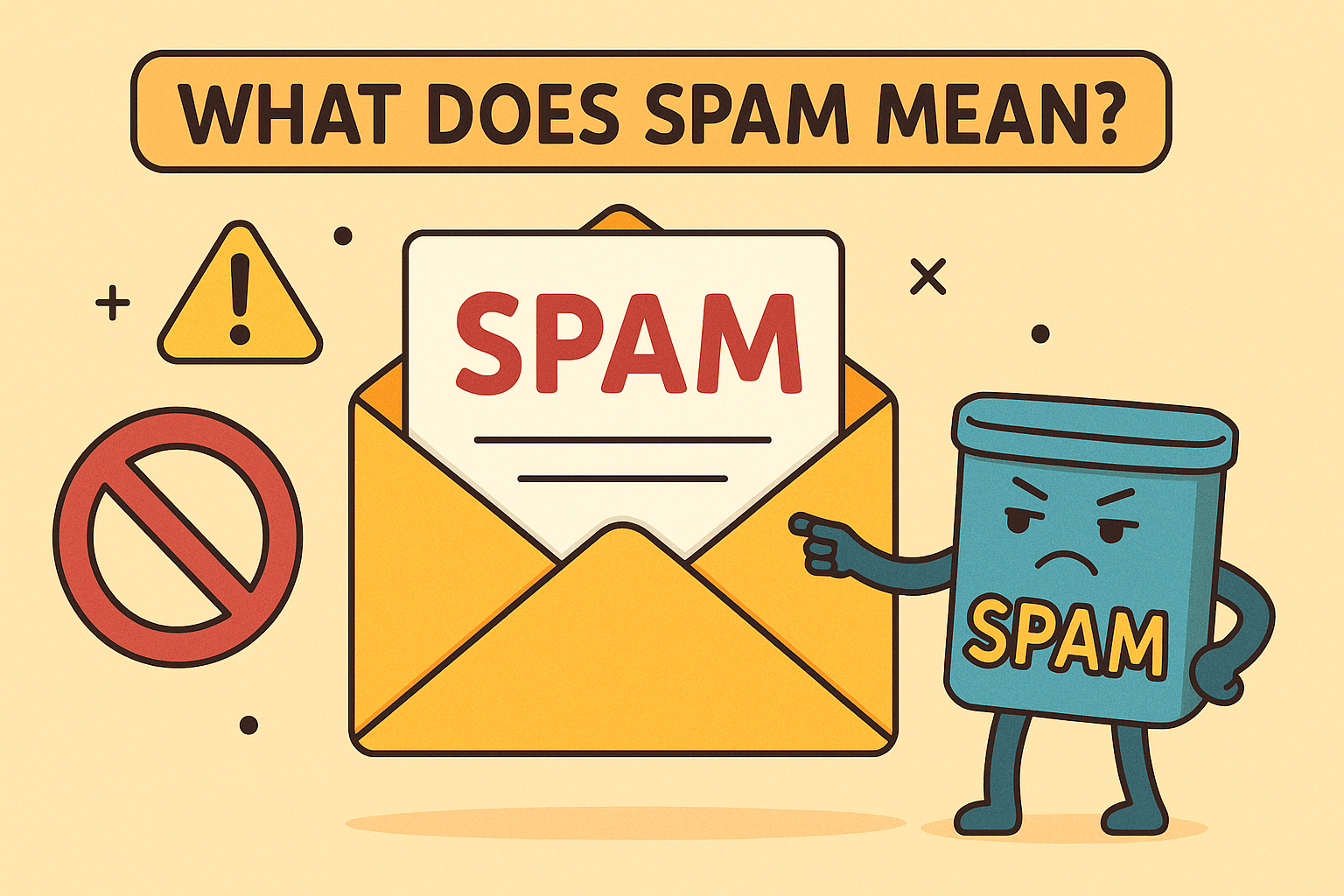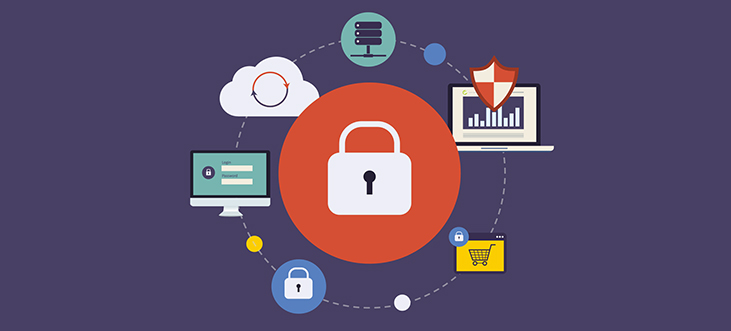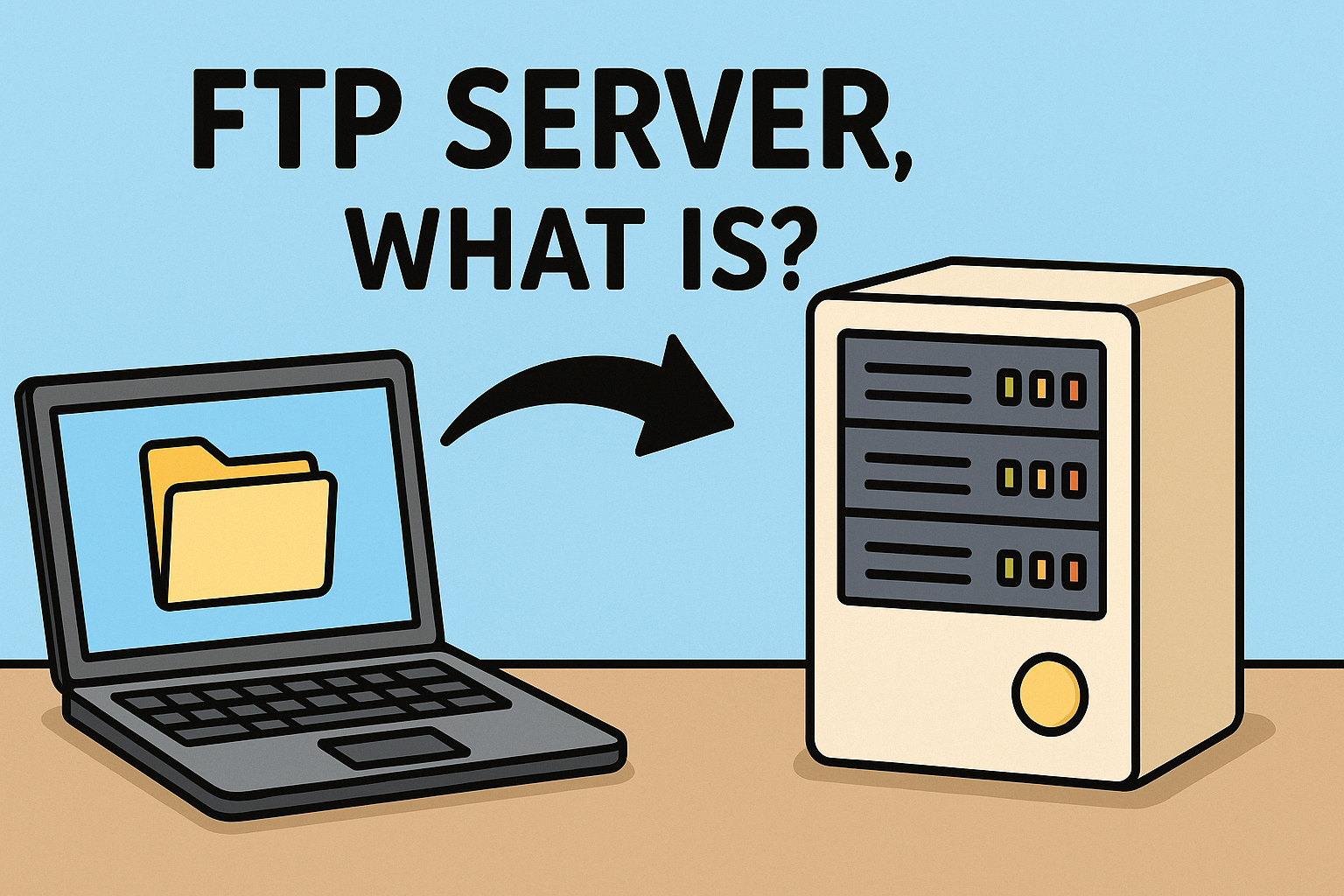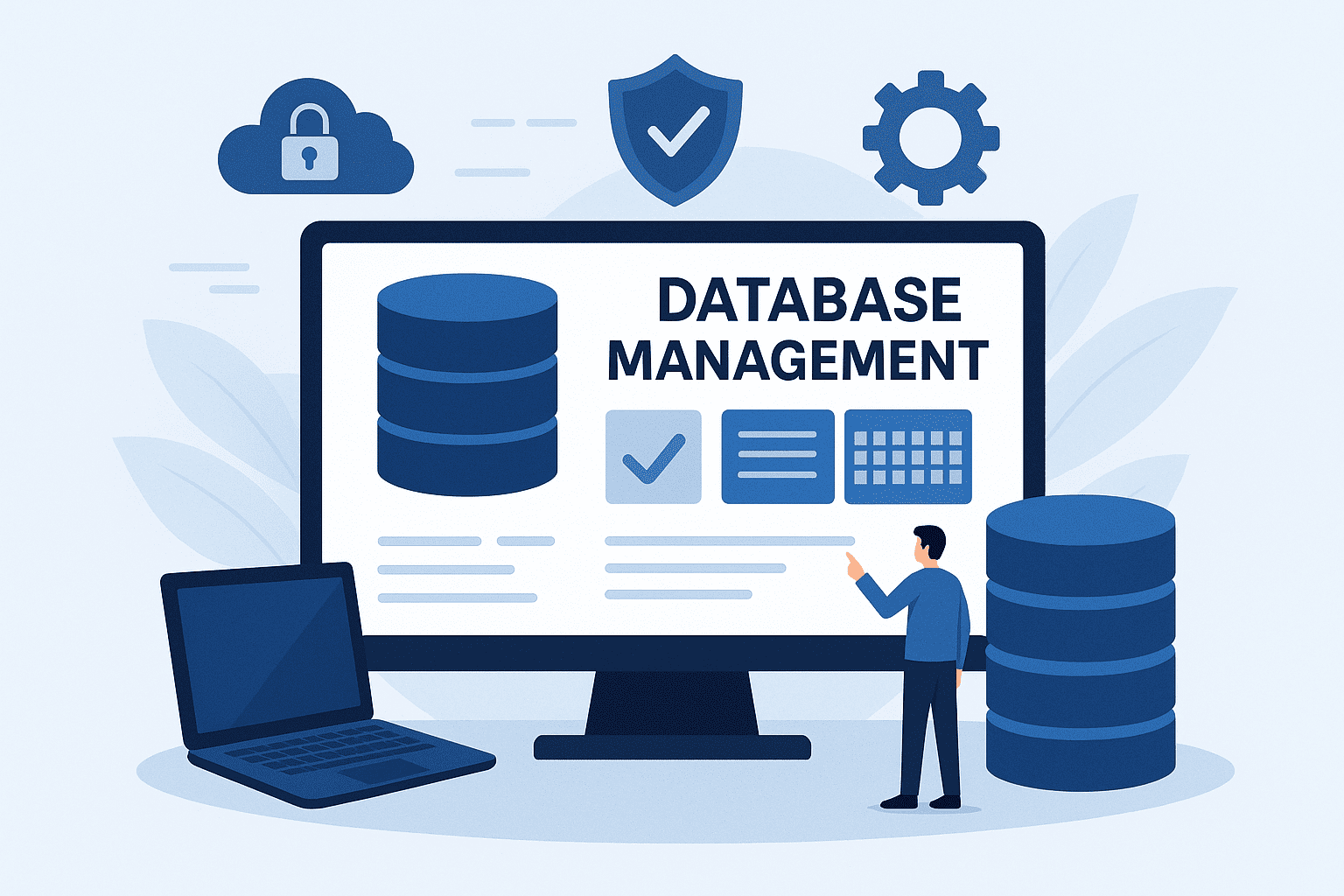What Does Spam Mean? A Complete Guide to Understanding and Preventing Digital Spam
Updated on July 29, 2025, by Xcitium

Have you ever received a text, email, or WhatsApp message that seemed random, suspicious, or just plain annoying? You’re not alone. These unsolicited messages are commonly referred to as spam. But exactly what does spam mean, and how can you protect yourself from it in today’s hyper-connected world?
In this blog, we’ll explore what spam means across different platforms—email, texting, social media, and messaging apps—while offering practical advice to avoid falling victim to it. Whether you’re an IT manager, a cybersecurity professional, or simply a tech-savvy user, this guide has you covered.
💡 What Does Spam Mean?
In digital communication, spam refers to unsolicited, irrelevant, or inappropriate messages sent over the internet, typically to a large number of users, for the purposes of advertising, phishing, spreading malware, or simply annoying the recipient.
Most commonly, spam shows up in email inboxes, but it also appears in text messages, social media platforms, forums, WhatsApp, and other messaging services.
📩 What Does Spam Mean in Email?
Email spam is the most familiar form of spam. It includes:
- Unsolicited commercial advertisements
- Fake offers or lottery scams
- Phishing attempts to steal credentials
- Malware-laden attachments
Signs of Email Spam:
- Unknown sender
- Generic greeting (“Dear user”)
- Urgent call-to-action (“Your account will be deleted!”)
- Suspicious links or attachments
📱 What Does Spam Mean in Texting?
In text messaging, spam includes promotional messages from unknown numbers or fraudulent texts pretending to be from banks or service providers.
Example:
“Congratulations! You’ve won a free iPhone. Click here to claim.”
Text spam often tries to trick users into clicking malicious links or sharing personal data.
💬 What Does Spam Mean on WhatsApp?
On WhatsApp, spam messages are often forwarded texts, suspicious links, or fake offers. Some may even appear to come from known contacts whose accounts have been compromised.
Red Flags:
- Message sent to many people
- “Too good to be true” offers
- Urgent requests for personal info
📲 Spam Meaning in Social Media
Social media spam can include:
- Bot comments (“DM for collab!”)
- Fake giveaways
- Mass friend/follow requests
- Inappropriate or irrelevant tagging
Impact:
Spam on social media dilutes genuine engagement and can expose users to scams or malware.
🛡️ How to Prevent Spam (Across All Platforms)
Here are effective strategies for minimizing spam:
✅ 1. Email:
- Use spam filters (built into Gmail, Outlook, etc.)
- Never open attachments from unknown senders
- Mark suspicious emails as spam
- Don’t click “unsubscribe” on suspicious messages—it can confirm your address is active
✅ 2. Text Messaging:
- Block unknown numbers
- Report spam to your carrier (e.g., forward message to 7726 in the US)
- Disable auto-download of MMS (especially from unknown sources)
✅ 3. WhatsApp:
- Adjust privacy settings (e.g., who can add you to groups)
- Block and report spammers
- Be cautious with forwarded messages
✅ 4. Social Media:
- Set your account to private
- Avoid clicking links from unknown users
- Report suspicious accounts and messages
⚠️ Why Is Spam Dangerous?
While some spam is just a nuisance, other spam messages are dangerous and can:
- Steal login credentials (phishing)
- Infect your device with malware
- Lead to financial loss
- Damage your online reputation
This makes it crucial for businesses and individuals to adopt robust anti-spam and cybersecurity practices.
🧠 Understanding the Psychology Behind Spam
Spammers often use urgency, fear, or temptation to trigger a quick reaction.
Common psychological tactics include:
- Scarcity (“Only 2 hours left!”)
- Authority (“From your bank”)
- Greed (“Win $1,000 today!”)
- Fear (“Your account has been suspended”)
Recognizing these tactics helps users stay alert and cautious.
📈 How Spam Affects Businesses
For businesses, spam can:
- Decrease employee productivity
- Introduce malware into the network
- Compromise sensitive customer data
- Lead to regulatory non-compliance
Investing in anti-spam solutions—like secure email gateways and endpoint protection—is essential for enterprise security.
💬 FAQs: What Does Spam Mean and How to Handle It?
1. What does spam mean in texting?
It refers to unsolicited messages that may contain ads, scams, or phishing links.
2. How can I stop getting spam messages?
Use filters, block unknown senders, and avoid sharing your contact info publicly.
3. What does spam mean on WhatsApp?
Spam on WhatsApp includes forwarded messages, fake links, or impersonation attempts.
4. Is spam dangerous?
Yes. Spam can carry viruses, steal information, and lead to financial loss.
5. Can spam be prevented completely?
Not entirely, but you can reduce it significantly by following best practices and using spam filters.
🚀 Final Thoughts
So, what does spam mean in the modern digital world? It’s more than just an annoying message—it’s a potential security threat. From email inboxes to WhatsApp and social media, spam is everywhere. But with awareness and proper defenses, you can protect yourself and your organization from its risks.
For enterprises, investing in advanced anti-spam and endpoint protection solutions is a must to keep networks safe and productivity high.
📣 Want to Shield Your Business from Spam Threats?
Xcitium’s proactive cybersecurity solutions help protect your systems from spam, phishing, and malware—before they cause damage.















